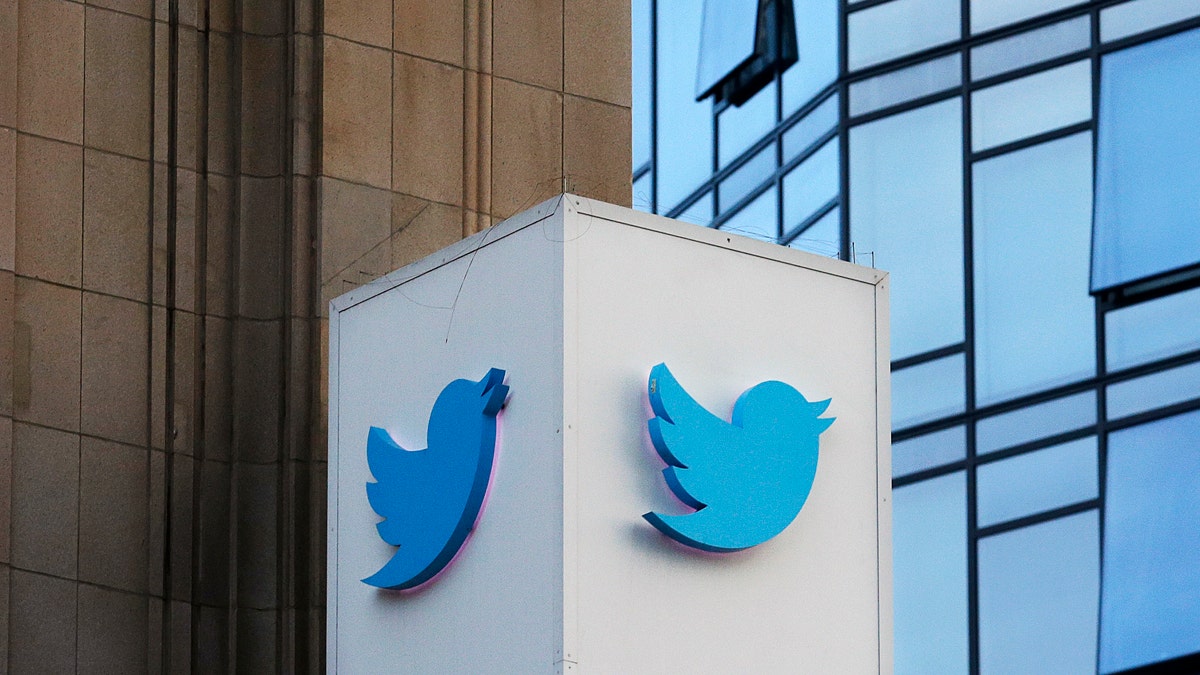
Twitter responded to lawmakers' inquiries about Russian bots on its platform. (Reuters)
Over 677,000 people in the US liked, retweeted or followed Twitter accounts possibly tied with Russian efforts to influence the 2016 presidential election.
Twitter revealed the finding on Friday. It's been investigating how Russian trolls managed to create and exploit fake accounts over the service to sway public sentiment during the election.
So far, the company has found 3,814 Twitter accounts that were likely under the control of Internet Research Agency, a Russian company many believe is backed by the Kremlin.
The accounts include @TEN_GOP, a Republicans group in Tennessee that pushed pro-Donald Trump tweets, @Pamela_Moore13, a conservative personality, and @crystal1johnson, a black woman who was critical of US police.
More From PCmag
However, none of the accounts were real and Twitter has suspended them. The company is now sending out emails to the 677,000 people who fell for the deception.
Twitter has been working with US congressional investigators to determine the full scale of Russian attempts to exploit social media during the election. On Friday, the company said the 3,814 accounts linked with the Internet Research Agency posted 175,993 tweets, with only 8.4 percent election-related.
Another 50,258 Russian-linked Twitter accounts were found automatically spamming tweets about the election.
In total, the Russian-created content amounted to a "very small fraction" of overall Twitter activity in the ten weeks prior to the actual vote. "However any such activity represents a challenge to democratic societies everywhere, and we're committed to continuing to work on this important issue," Twitter said.
The company has been improving its systems to automatically stop and detect abuse. The service currently blocks about 523,000 suspicious logins everyday. Since last June, Twitter has also removed 220,000 applications on the platform that were abusing its rules and spamming tweets.
For the upcoming 2018 election, the company is verifying the Twitter accounts of all major party candidates for statewide and federal offices as a way to hinder account impersonation.
This article originally appeared on PCMag.com.








































